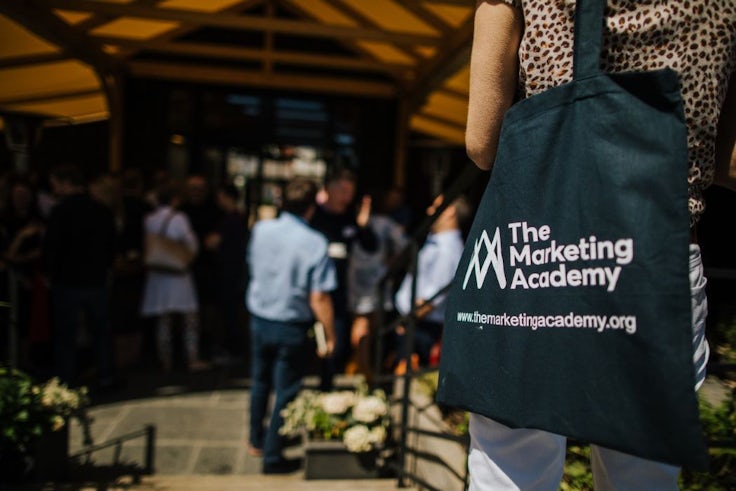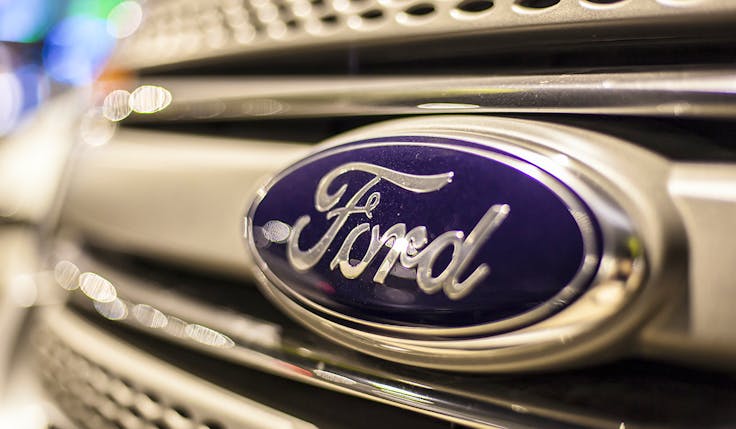Feeding your conscience
After Tesco set out it ethical trading plans last week, counting the carbon cost of food could become as normal as totting up the carbs – and more shoppers have the money and mind to buy ethically.
The rush to go green appears to have become a stampede. Tesco has become the latest retailer to proclaim its environmental conscience, announcing a new scheme whereby its goods will carry a “carbon rating”, and joining the likes of Waitrose, Sainsbury’s and Marks & Spencer in signing up to the Government’s Ethical Trading Initiative (MW last week).
So what do consumers think? Are retailers playing catch-up with consumer attitudes or are they taking the lead?Research from Mintel reveals dramatic improvements in people’s green credentials, with as many as 55% saying they increased the amount of recycling they did last year. Meanwhile, a similar proportion (53%) claim they have started to turn off appliances and lights to conserve energy, all of which will help reduce households’ carbon footprint.
It also shows that it is very much women and the over-50s who have made the greatest shifts towards a greener lifestyle, with around three in five increasing their recycling (61%) and switching off electricals (57%).
Few people will now question that climate change is fact and that we must do something about it. Indeed, the research finds that substantial media coverage about the impact of climate change does now seem to be taking hold, with as many as three in ten adults (30%) having become more concerned about climate change over the course of the year.
Last year proved something of a tipping point for the eco-warrior, as environmental issues and greener lifestyles became mainstream. Consumers are more aware of the impact they have on the world around them and are beginning to make changes to their lifestyles. Issues about the environment have also started to lead to significant changes in people’s approach to utilities and travel. The recent drought affecting the South-east brought home to many people the value of water as a commodity, with 30% of adults claiming they have tried to use less water in the past year. Meanwhile, more than 6% have changed to a more environmentally friendly energy supplier.
However, consumers’ love affair with their cars and holidaying abroad are likely to prove harder issues to address. Only 11% say they have reduced car use to save energy and a mere 2% say they fly less because it is damaging to the environment.
But now the debate has moved on to food miles and the food carbon footprint is big news. It has been reported that as much as 95% of fruit and 50% of vegetables consumed in the UK are imported, and the debate around food miles could have a real impact on the range of foods available in UK supermarkets. In the future, we may find ourselves taking just as much interest in a meal’s food carbon footprint as in the dish’s calorie content.
British shoppers are predicted to have spent over £2bn on ethical foods last year alone, up by a massive 62% since 2002. UK consumers are clearly moving towards more ethical lifestyles and are starting to realise their actions have consequences.
In a country once dominated by a throw-away culture, 75% of consumers now believe we have a duty to recycle, up from 65% in 2002. Similarly, 34% say “buy fair trade where available”, up from just 26% in 2002 and 40% now “buy free-range products whenever they can” (up from 33% in 2002). Where once price was all-important, rising disposable income and a generally more affluent society has enabled people to start living up to their ethical ideals, and a third of adults now believe it is worth paying more for fair trade, organic and locally sourced foods.
Ethical food suppliers have traded on the fringes of the UK grocery market for many years and until recently only a few sectors, such as free-range eggs, had really established themselves. But now many more ethical products have entered the mainstream foods sector, with leading suppliers and retailers becoming increasingly involved.
There were some 70 ethical food products launched last year in the UK alone, up from just 25 in 2002. The Mintel Global New Products Database recorded 53 new ethical food launches last year, with the beverages sector proving to be the most prolific producers of new ethical products.
Within the ethical foods market, fair trade is the star performer in terms of sales growth. Fair trade was worth £230m by the end of last year, and the sector has grown 265% between 2002 and 2006 alone. Mintel predicts fair trade will see a further 138% growth over the next five years, with sales reaching £547m by 2011.
While almost three in five adults (56%) believe that “we are all responsible for what we choose to buy”, many feel that the Government, manufacturers and supermarkets should shoulder at least some of the responsibility to buy ethically. Today, 25% adults believe it is down to the manufacturers to be more ethical, while a substantial number say it is the Government’s (28%) or the supermarkets’ (24%) responsibility to introduce regulations.
Recent developments among grocers and retailers show they are reacting to consumers’ desire to go green, but that it is essential their actions are transparent and they don’t just talk the talk, but walk the walk – as consumers will be sure to find them out.
• Tyson Ormerod, senior consultant for Mintel Custom Solutions, contributed to this week’s Trends Insight






